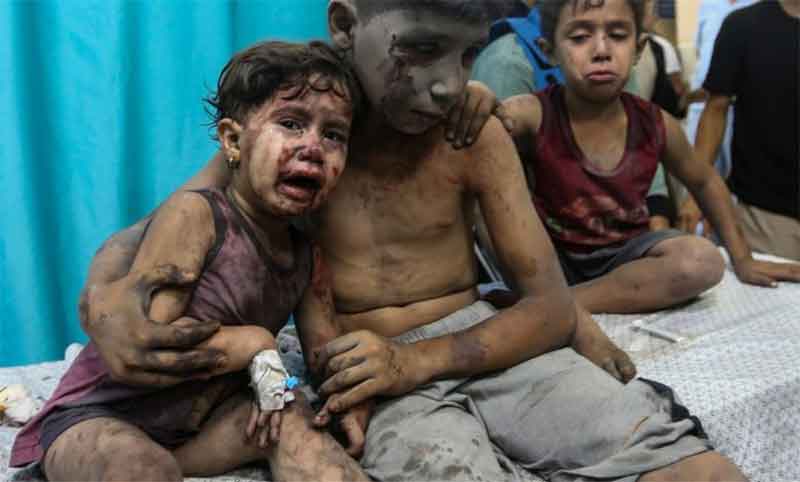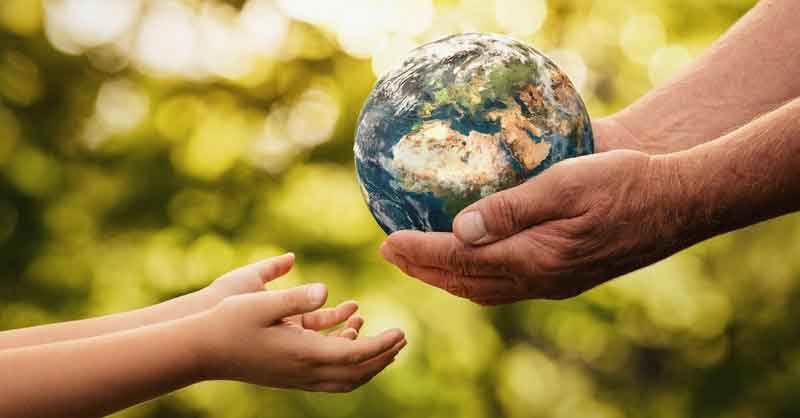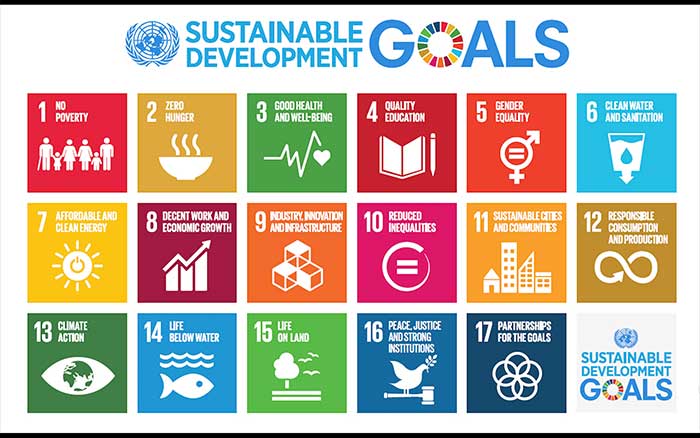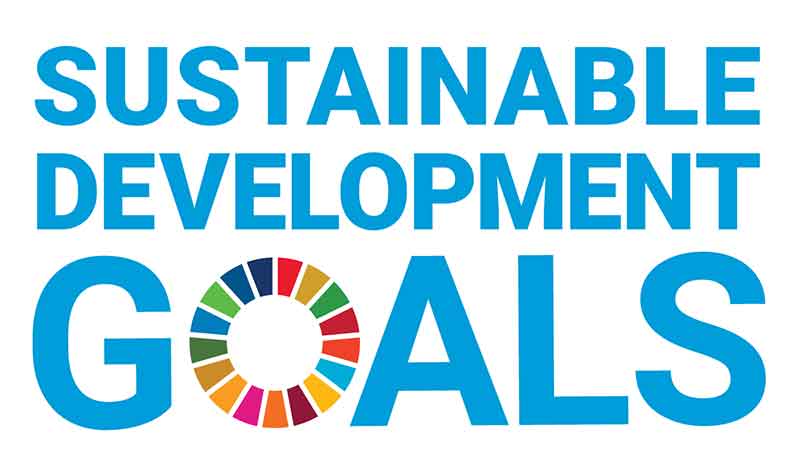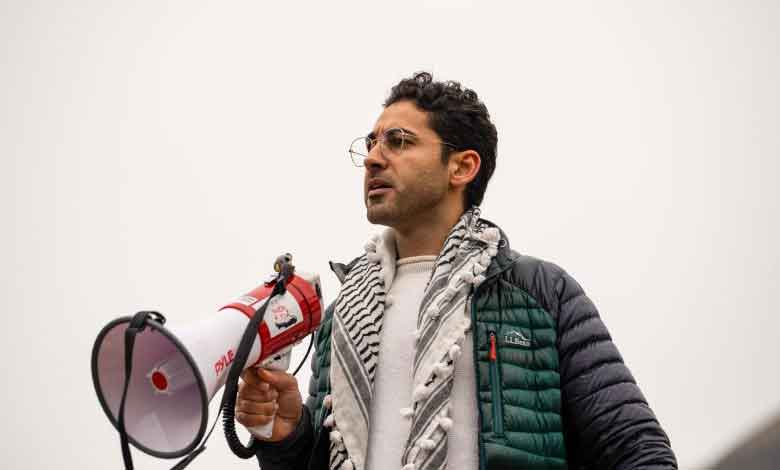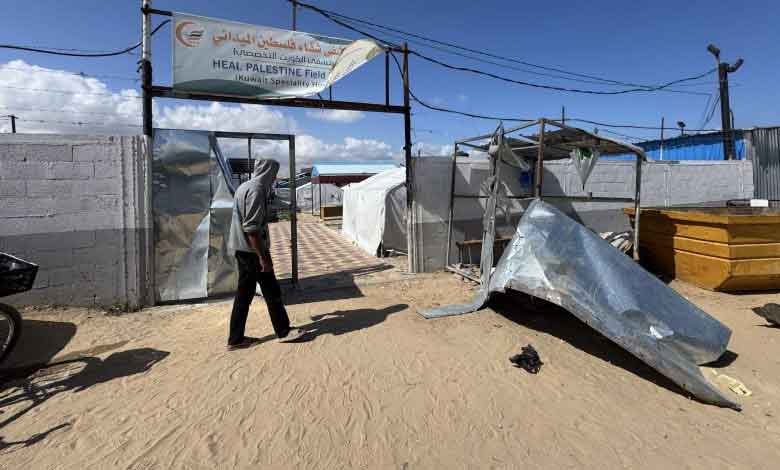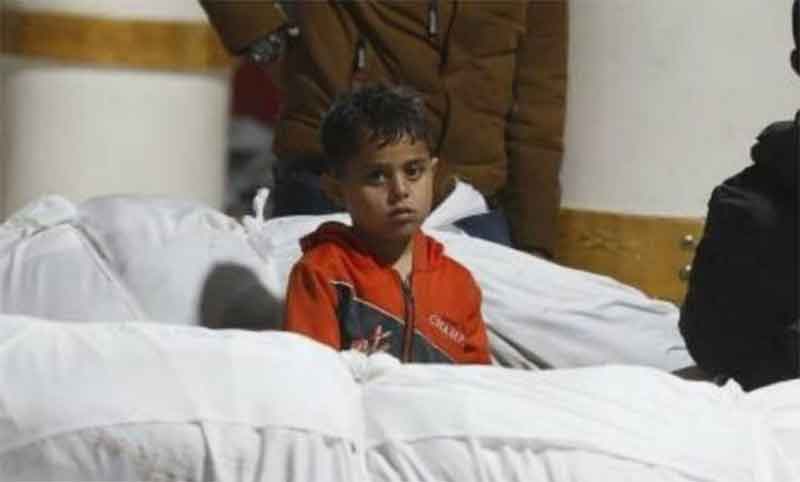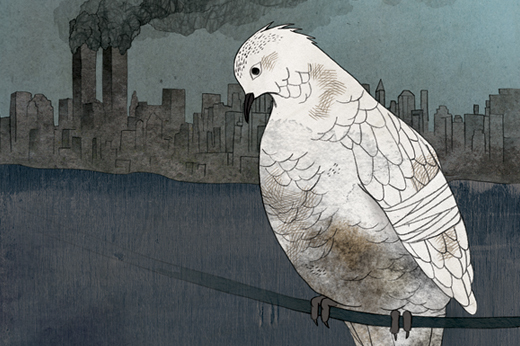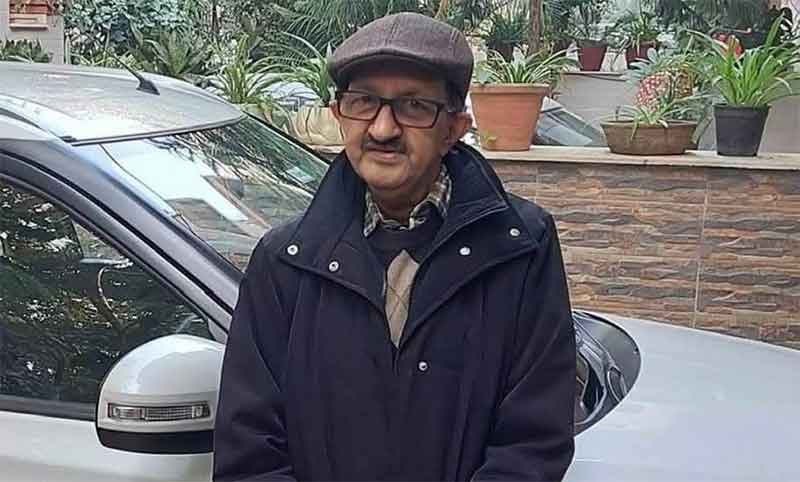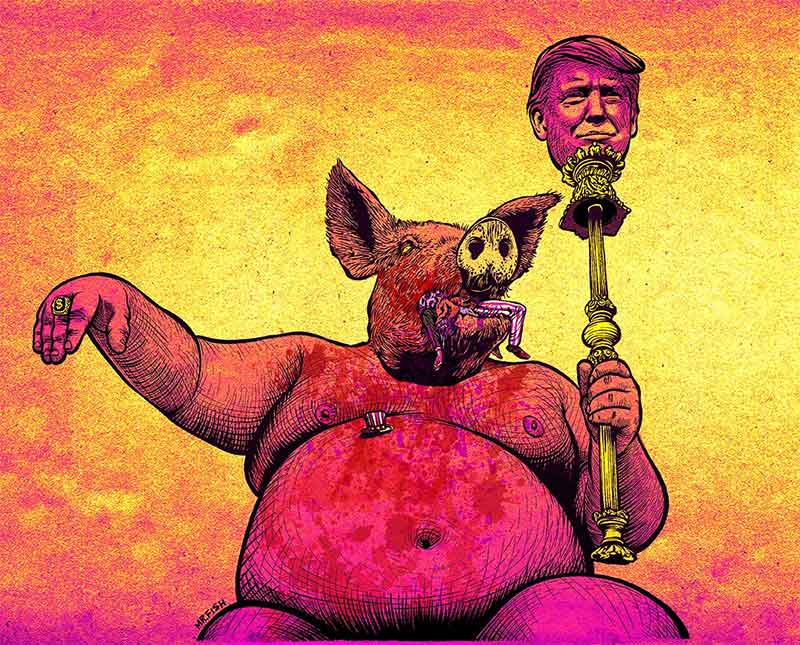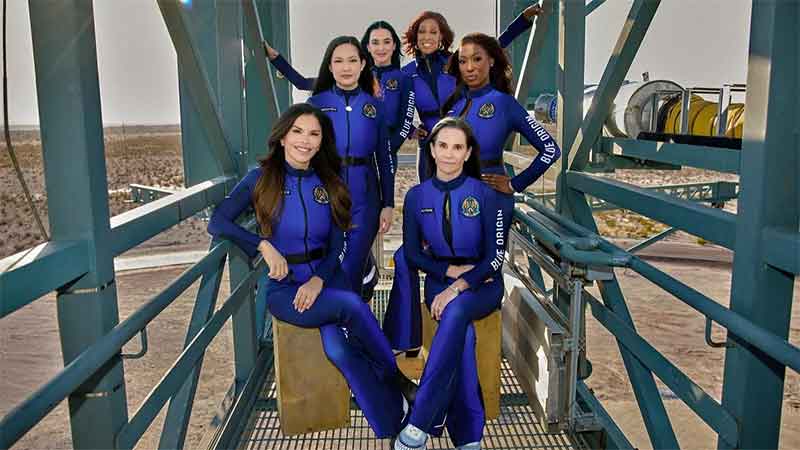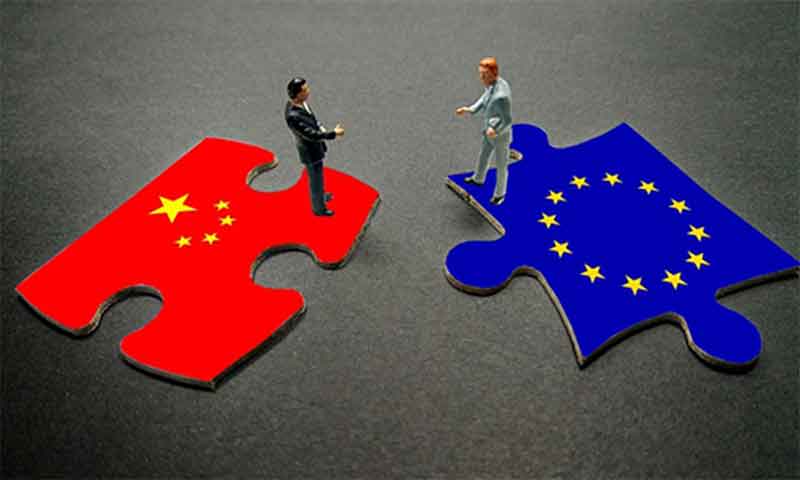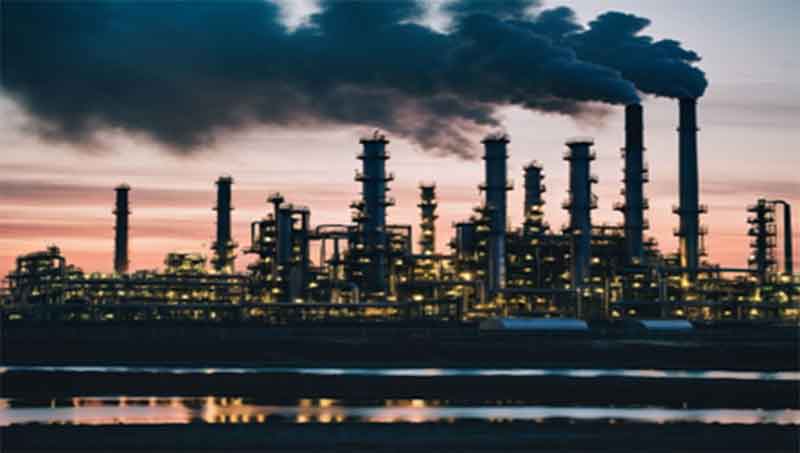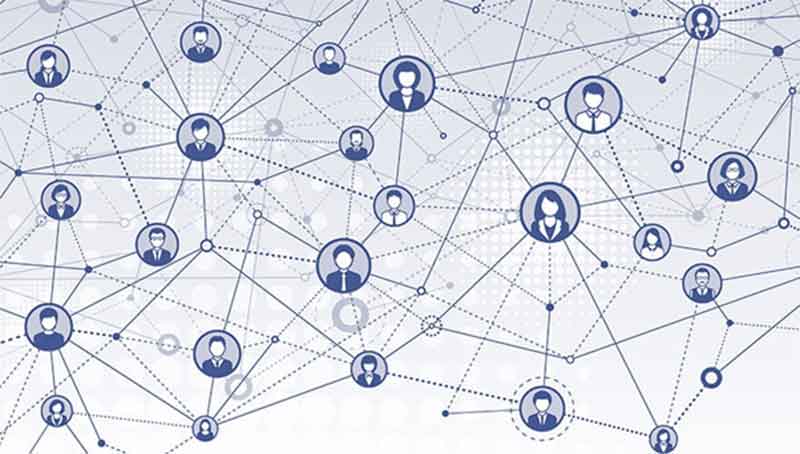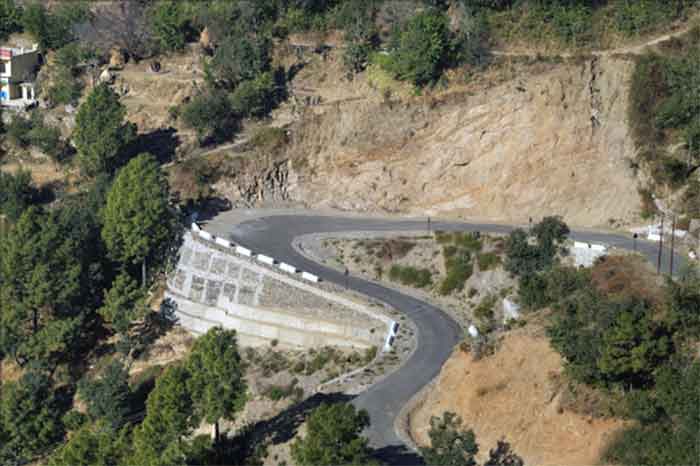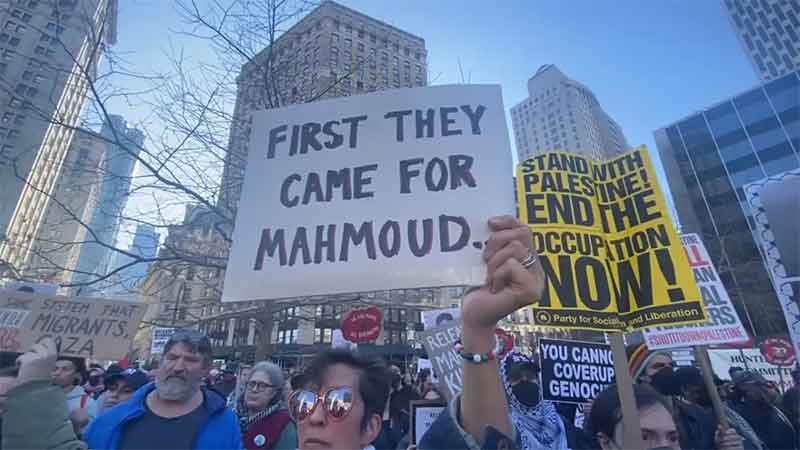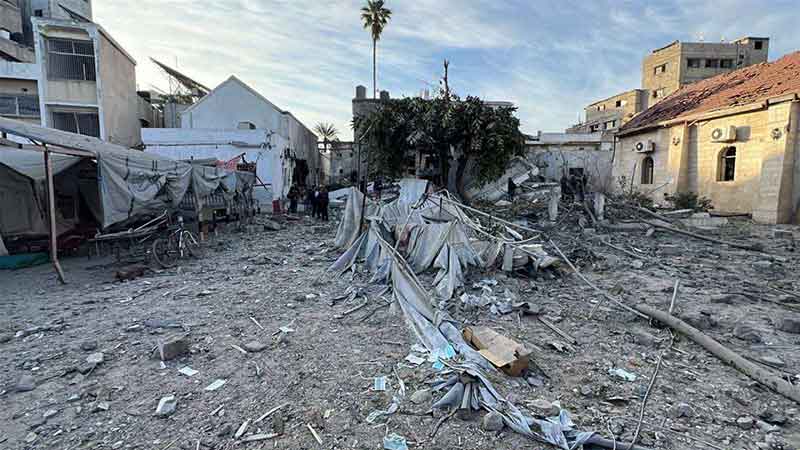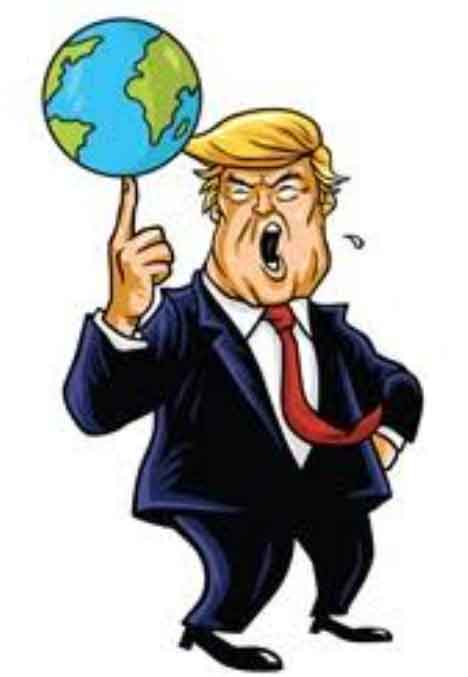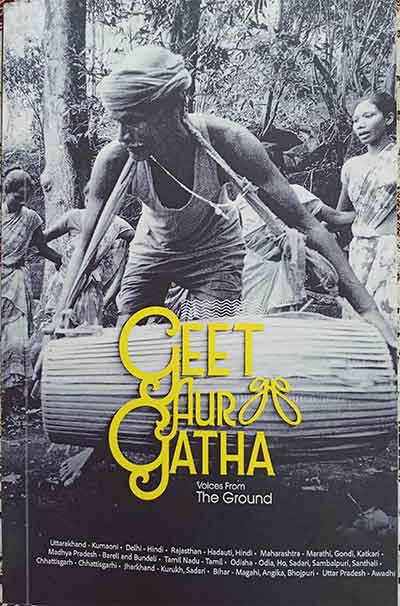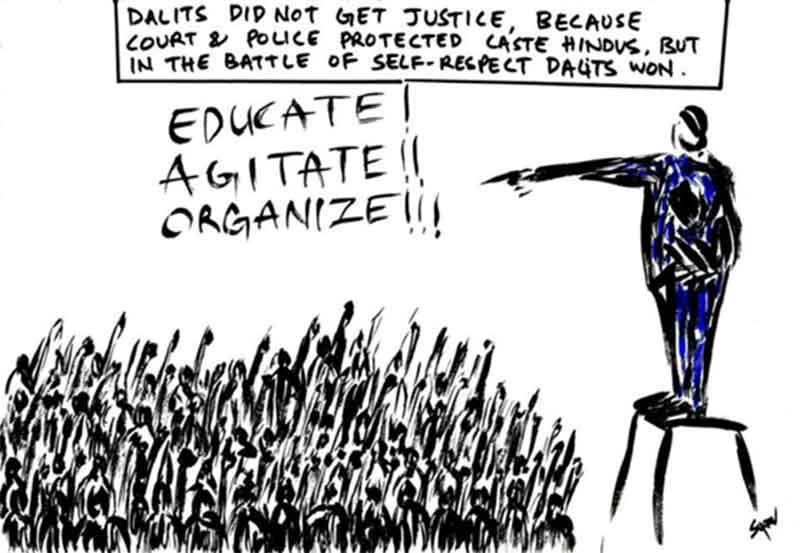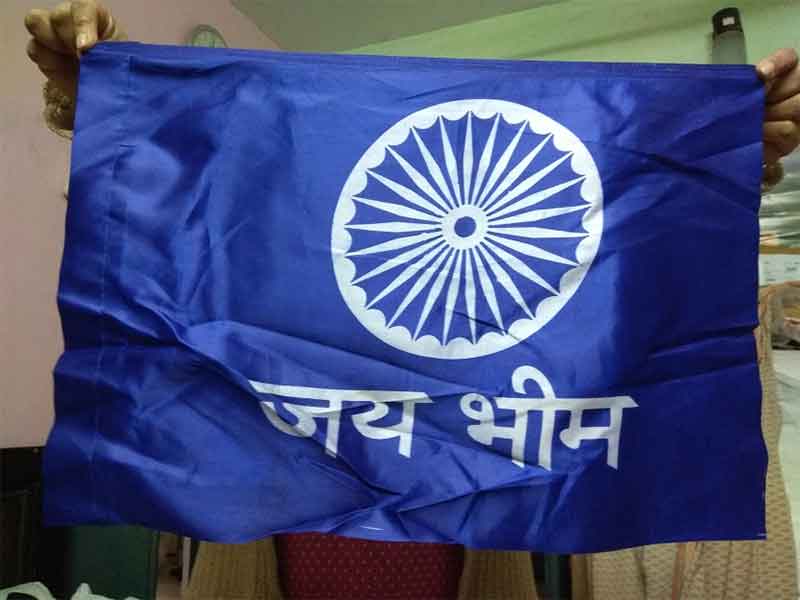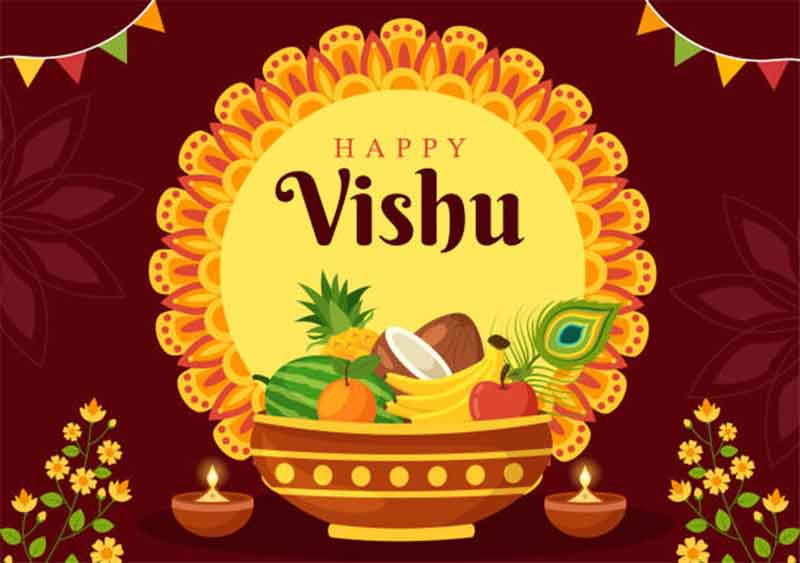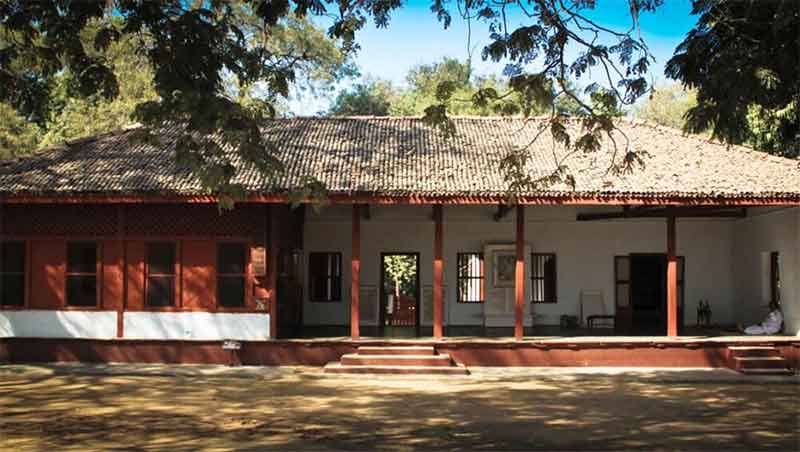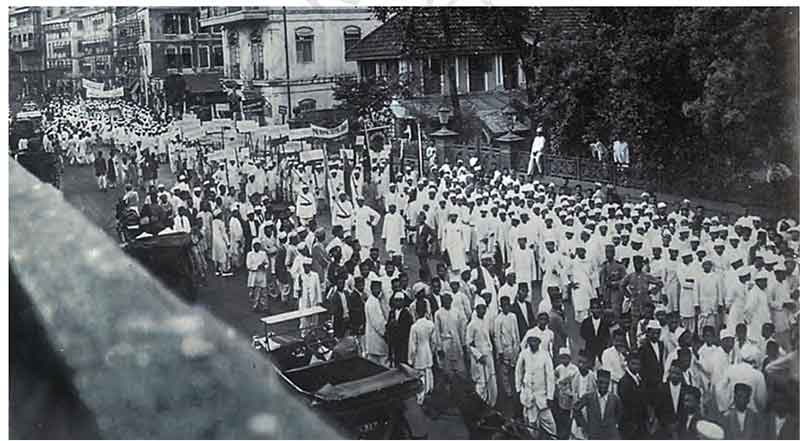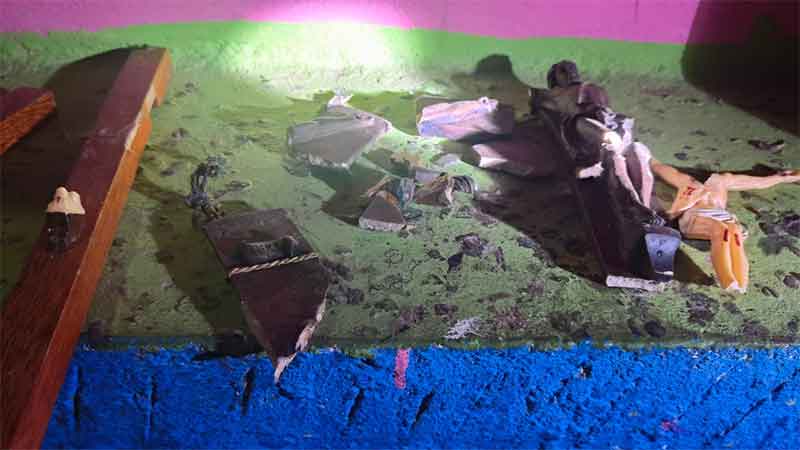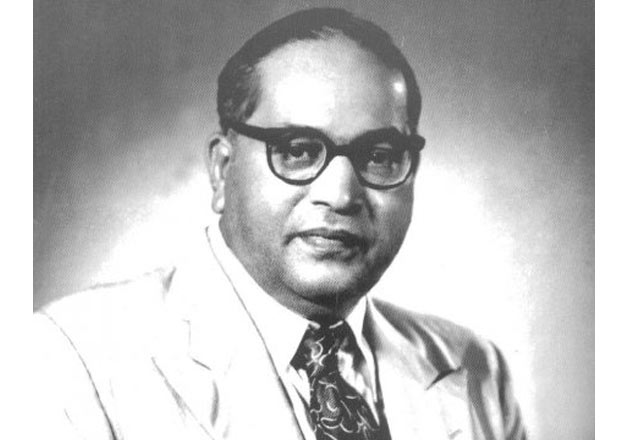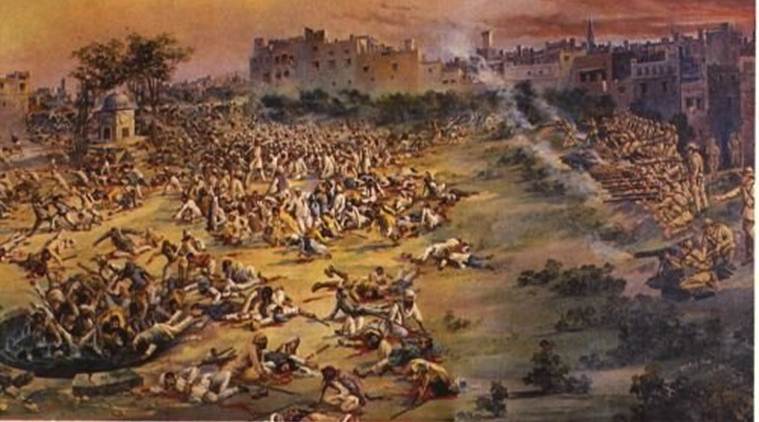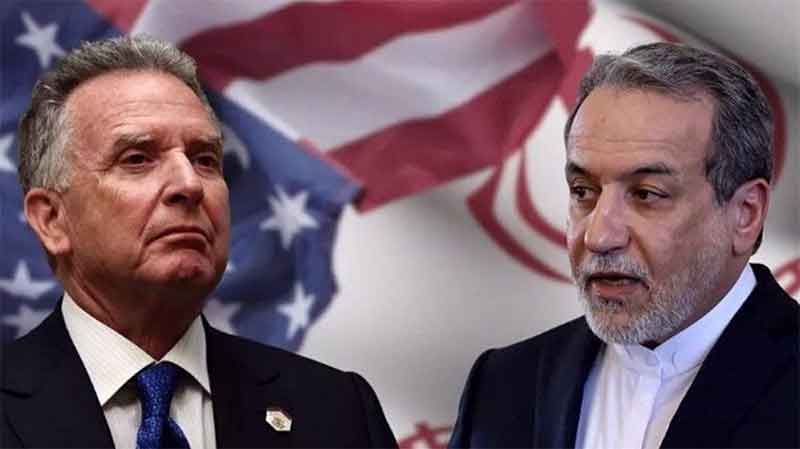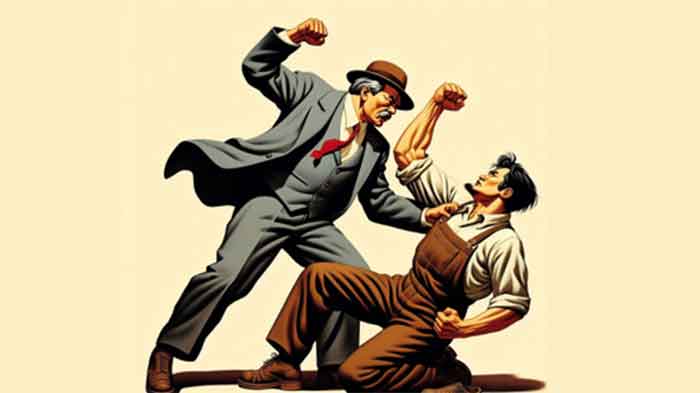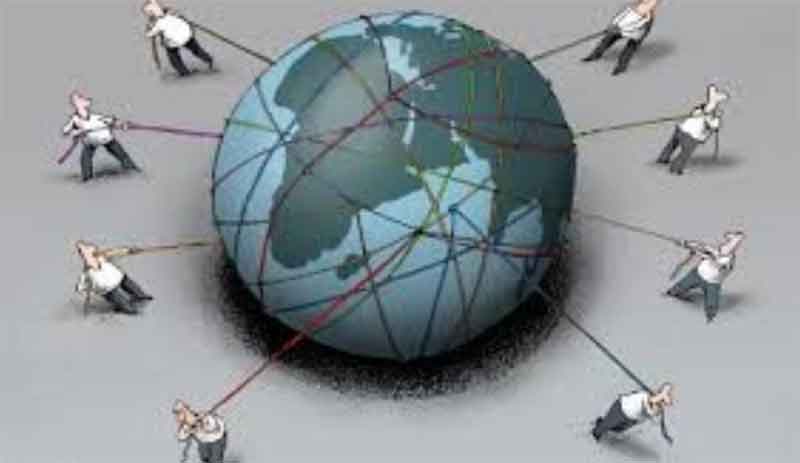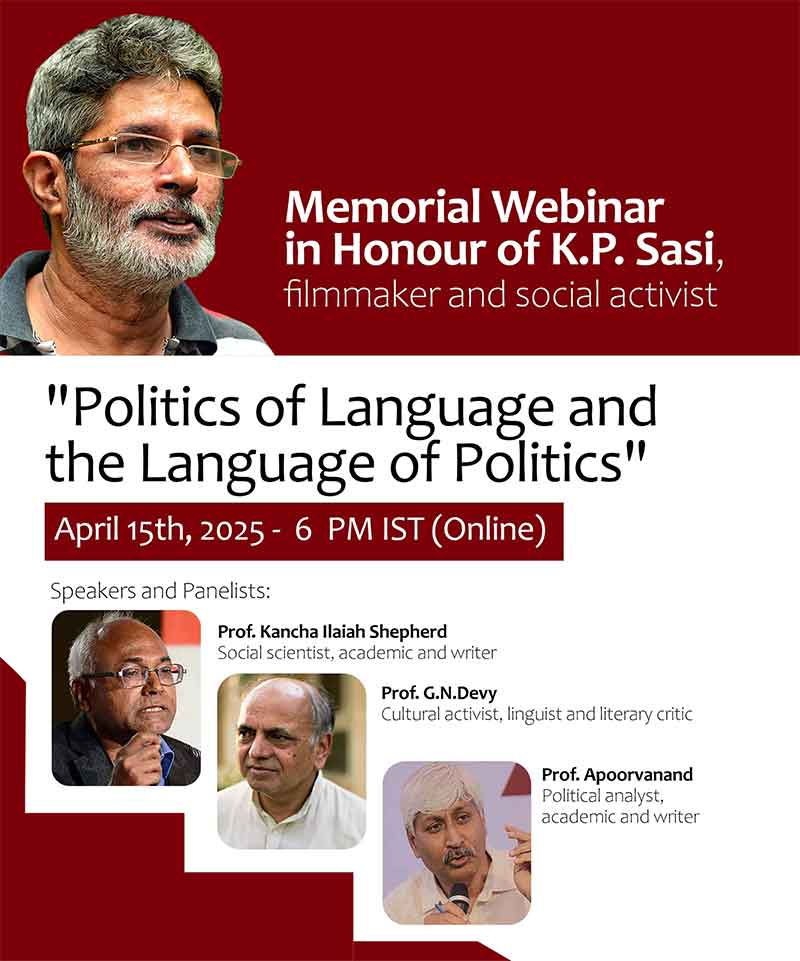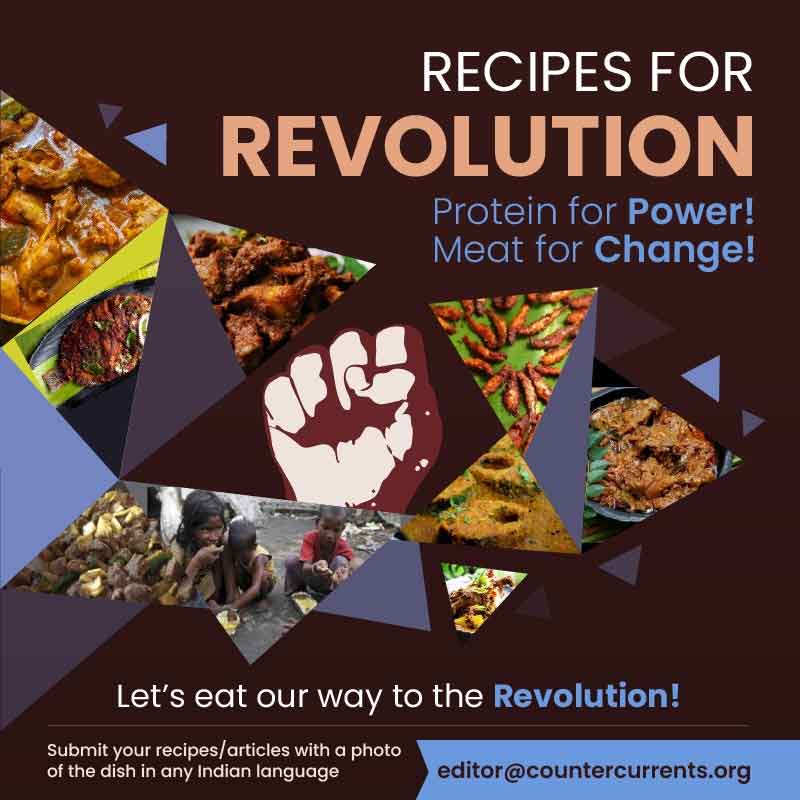
Amongst the many related categories of development, ‘human development’ ‘political development’, ‘economic development’, ‘social development’ or ‘cultural development’, human development is the most important to all of us.
Human development focuses on improving the lives people lead rather than assuming that economic growth will lead, automatically, to greater wellbeing for all. Income growth is seen as a means to development, rather than an end in itself. https://hdr.undp.org/about/human-development – UNDP
Economic growth is necessary. We can’t but agree with that. Economic growth necessitates the increase of a nation’s output which is measured by GDP. It is therefore essential for the country’s national and per capita income to increase over a long period of time.
Economic development brings together economic growth and human development. It includes social, cultural, political as well as economic changes which contribute to material progress in addition to growth of national income. It is also necessary.
The other development that we will bring into the ambit of this essay is sustainable development.
Sustainable development is an approach to growth and human development
that aims to meet the needs of the present without compromising the ability of future generations to meet their own needs. Wikipedia Sustainable development
Sustainable development strives to attain the population’s needs without depleting resources. So, sustainable development one could say, is economic development that supports long-term economic growth without economic problems or complications while protecting natural resources and the environment.
How does our country, or any other country in the world, practise sustainable development?
Very few countries practice sustainable development; some countries practice sustainable development in their own countries but create havoc with the environment of other countries while exploiting their land, ecology and natural resources. There are several countries that do this. They’re usually very high on the HDI (Human Development Index) list.
The unreal reality of today
We are aware of industrial contamination of soil, groundwater and air.
Destruction of ecosystems, livelihoods and wildlife habitats.
Toxic chemicals and heavy metals entering our food and blood streams.
The widespread occurrence of cancers and foetal abnormalities.
Agricultural practises that are not financially viable. Routine use of poisonous fertilisers, pesticides, and toxic chemicals that are harmful for the soil and ground and surface waters; harmful for the farm workers; harmful for the consumer and harmful for wildlife and birds.
Processed foods with added chemicals that lead to significant health impacts.
Use of plastics and cement which cause lasting pollution and destruction of environment and communities.
Our economies are dependent on fossil fuels imported from other countries at immense environmental and social cost. Global warming seems inevitable.
Traditional arts, crafts, livelihood are rapidly dying. Senior citizens navigate their lives alone.
So, how do we develop sustainably?
We understand that development, to be sustainable, would include these elements for an improvement in the quality of life for all citizens.
. Access to healthcare and financial resources.
. Clean air and clean water.
. Fair trade. Fair elections. Reliable law enforcement and a responsible judiciary.
. Self-reliance within local and regional economies and food sovereignty.
. Equitable water rights, lower carbon footprint and an understanding that we are all equal stakeholders, as are all our other living beings.
This is a possible approach for sustainable development in India
. Emphasis on a bottom-up approach, rather than top-down. Sustainable development works best when it is bottom-up.
. Put in place a ‘people first’ economic model that first considers the welfare of the rural poor, giving them security of food, health and shelter, and improving their living conditions. Listening to rural peasantry to assure them of their importance.
. Good schools and an efficient primary educational system to educate the poorest of the poor that reaches the remotest of villages.
. Uplift the neglected and declining agricultural sector with investment, through a strategy that enables-and-encourages agriculture, petty producers, small traders and agricultural workers in rural areas.
. Jack-up the declining rural economy and the living standards of common people by raising and boosting opportunities in villages and rural areas so that urbanisation is not forced on peasants, and immigration to cities is curbed.
. Rural people are inculcated with the confidence to stay on where they are, to pursue agriculture, and pursue their own traditional village professions and their arts, with dignity, and with the belief that their own areas will be lifted out of poverty and made to matter.
. Support and instil with the confidence, indigenous people of remote, mineral-rich forest and hill areas, that they will not be ousted. And that they could preserve their lifestyles, their values, their security, and their self-reliance.
. Empower women, by supporting women’s right to choose their own future. Reduce societal constraints due to the patronising attitudes of a male dominated society.
. Provide support for children’s health with good medical care and good sanitation, and knowledge of hygiene and civic sense that is imparted to them.
. Protection of our environment. Our environment provides resources for economic activity, but economic activity degrades the environment, hence
protecting the environment with sustainable practices will also sustain economic development.
A gentle approach towards sustainable developmentinvolves prioritising ethical practices, resource conservation, environmental, social and economic considerations.
Social action by informed citizens working alongside responsible bureaucracy and a democratically elected government could lead to true development.
By fostering community engagement to achieve long-term community well-being without compromising the future generations’ ability to do so.
True development comes when each individual takes initiative to ensure progress in their area of interest and expertise.
This is an achievable reality not merely a utopian vision. We are all equal stakeholders as are the unborn children of the future generations.
Nayantara Nanda Kumar – Environmental engineer, organic farmer, conservationist, founder of a cultural space in Secunderabad, for arts, crafts, dance, music and ecological education
Pratap Antony writes on ecology and environment, social justice and pluralism, management ideas and issues, jazz and western classical music and Indian classical dance

